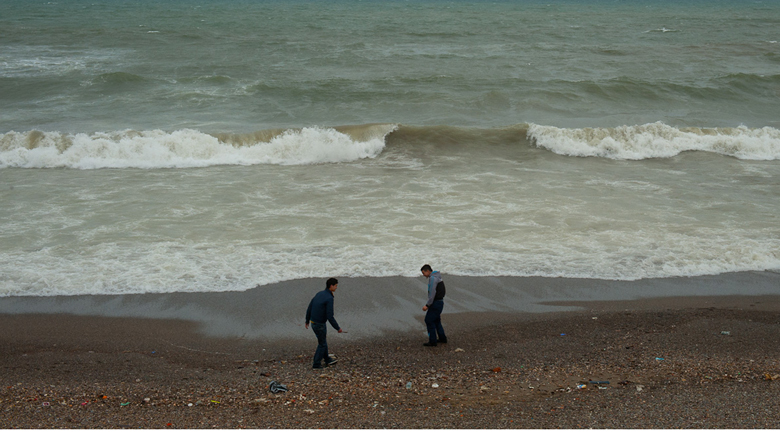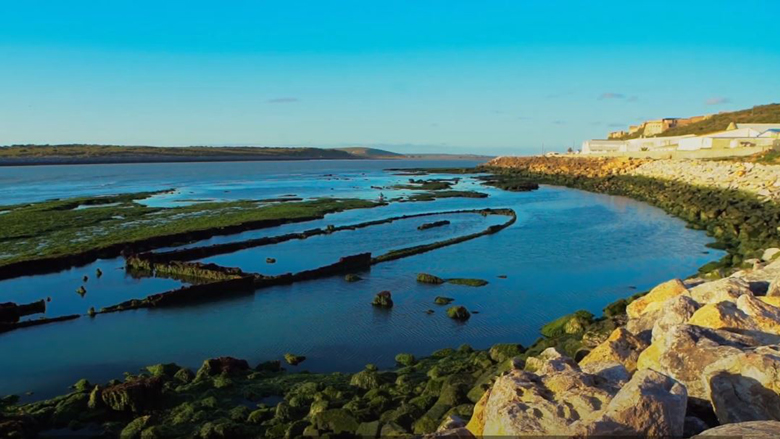“Coastline sustainable management is a cornerstone of Morocco’s territorial development,” said Jesko Hentschel, World Bank Maghreb Country Director. “At the same time, identifying coastlines’ untapped potential for job creation and income generating activities is critical—especially in a post-Covid context—to flesh out strategies promoting sustainable economic activities around the coastal zones.”
The operationalization of the RCS combines strategic response measures, including investments and coastal rehabilitation, as well as protection and sustainable use of resources. The RCS preparation was built on a dynamic, multidisciplinary, iterative approach to promote sustainable management of coastal zones globally known as Integrated Coastal Zone Management (ICZM).
To design this regional scheme and inform its scope and objectives, the World Bank, the Government of Morocco, and the region’s authorities worked collaboratively by organizing broad-ranging consultations with various coastline development stakeholders including fishermen, business associations, civil society organizations, scientists, and farmers. Experts examined the region’s land use and planning documents to identify pollution hotspots and vulnerability to climate change along the coast and immediate hinterland.
The diagnosis phase, which was completed in January 2020, revealed compelling findings: the increased concentration of the population and associated activities in the coastline area (two-thirds of the region’s population) threatens the coastal ecosystem and calls for urgent measures to mitigate the human footprint and strengthen the resilience of the coastline. Furthermore, several potential development opportunities remain untapped, namely in the green tourism industry.
Based on these findings and on feedback from various stakeholders, the World Bank team designed a roadmap with a 2040 time-horizon to meet the region’s long-term coastline development objectives. These include the establishment of an integrated coastline governance model, in compliance with national strategies, as well as the preservation and rehabilitation of the coastal ecosystem through critical investments. To achieve this objective, complimentary measures will be put in place, from raising stakeholders’ awareness of environmental threats to embedding safeguard measures in urban development plans to prevent coastal degradation.
To promote green and sustainable economic activities in the coastline area, the plan also provides for initial priority investments to implement the RSC of Rabat-Salé-Kénitra Region. These investments will cover a range of activities, which include organizing the artisanal fisheries sector and training fishermen on best practices. Investments will also support the environmental rehabilitation of coastal wetlands, construction of wastewater treatment plants in selected localities, biological stabilization of dunes, and recycling and valorization of plastic waste.
To scale up this integrated coastal management approach, the World Bank has worked with the government to design a methodological guide for the development of regional coastline schemes. The guide serves as a toolkit for local governments and decision makers to standardize approaches for building sustainable coastline management schemes, based on the ICZM approach, all while taking into consideration local constraints.
“The World Bank is delighted to support the Rabat-Salé-Kénitra Region’s RSC to promote sustainable use of coastal resources and ensure greener livelihoods for the region,” Hentschel said. “Through a participatory and evidence-based approach, we can help preserve the resilience of this important area and ensure sustainable development for generations to come.”


